In the tapestry of human connections, the threads of trust, respect, and understanding weave together to form the fabric of meaningful relationships. At the heart of building strong bonds lies the recognition that each individual seeks validation, significance, and the opportunity to shine. In this post, we'll delve into how embracing selflessness, acknowledging others' importance, and empowering them to be the hero of their story can foster deep, enduring connections.
Helping Others Be the Hero of Their Story
Every person is the “Hero” of their own narrative. By navigating life's challenges, triumphs, and transformations. By recognizing and affirming this inherent desire for significance, we can empower others to step into the spotlight and embrace their role as the hero of their story.
Helping others be the hero involves more than just offering assistance or advice; it requires actively supporting their goals, dreams, and aspirations. Whether through words of encouragement, practical assistance, or simply being a listening ear, we can amplify others' voices and champion their journey towards success.
Letting Them Know They Matter
In a world that often feels indifferent or dismissive, the simple act of letting others know they matter can have a profound impact. Genuine expressions of appreciation, affirmation, and gratitude reaffirm individuals' worth and reinforce the bonds of connection.
Acknowledging others' importance involves active listening, empathy, and validation of their experiences and emotions. By showing genuine interest in their lives, celebrating their achievements, and offering support during challenging times, we communicate that they are valued, seen, and respected.
Embracing Selflessness
Selflessness stands as the cornerstone of building strong relationships, transcending ego and prioritizing the well-being and happiness of others. It involves acts of kindness, generosity, and compassion, driven by a genuine desire to uplift and support those around us.
Embracing selflessness means putting others' needs before our own, without expecting anything in return. Whether it's lending a helping hand, offering a word of encouragement, or making sacrifices to alleviate someone else's burden, selflessness cultivates an environment of trust, reciprocity, and mutual support.
In a world marked by division, uncertainty, and strife, the power of human connection shines as a beacon of hope and resilience. By embracing selflessness, acknowledging others' significance, and empowering them to be the hero of their story, we can forge strong, enduring relationships that enrich our lives and the lives of those around us.
As we navigate the complexities of human interaction, let us strive to be catalysts for positive change, fostering empathy, understanding, and compassion in our interactions with others. Together, we can create a world where everyone feels valued, supported, and empowered to embrace their unique journey and make a difference in the lives of others.
Have a great week!
Businesses wonder why it is still hard to be thought of as the brand of choice with the best customers and top employees. How can our business make more profitable transactions and stay out of the commodity battle with low profits? How can we land and keep top talent in our organization with the salary wars. Kevin teaches your sales and leadership teams how to build the key ingredient to be successful with their relationships and take your goals to the next level with high levels of engagement.
Kevin’s website: www.kevinsidebottom.com
Kevin’s email: kevin@kevinsidebottom.com





















